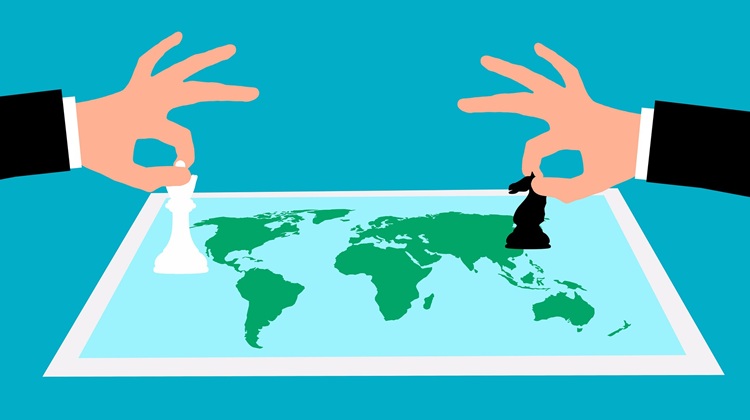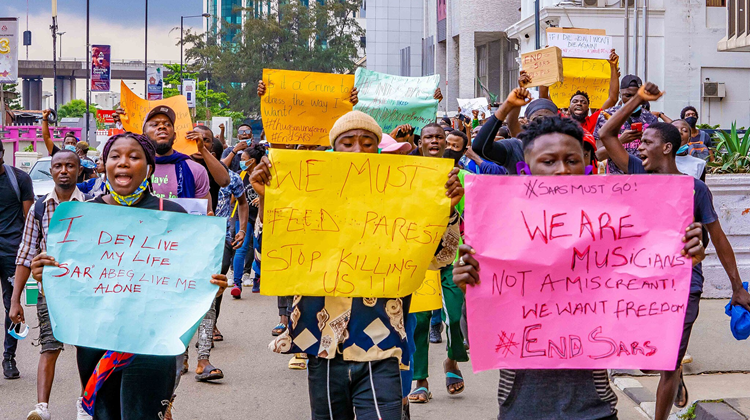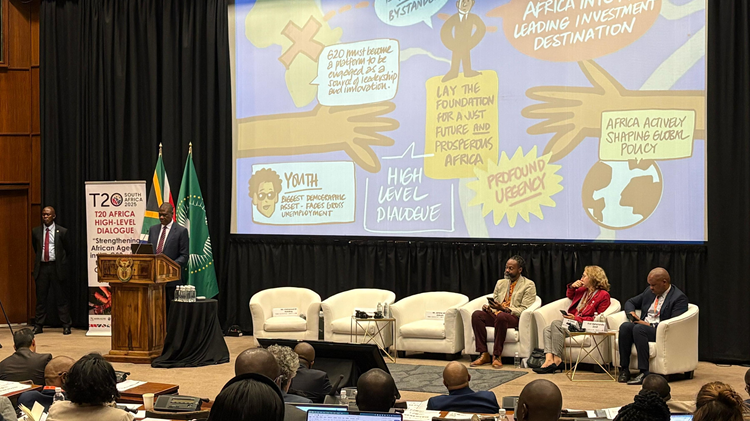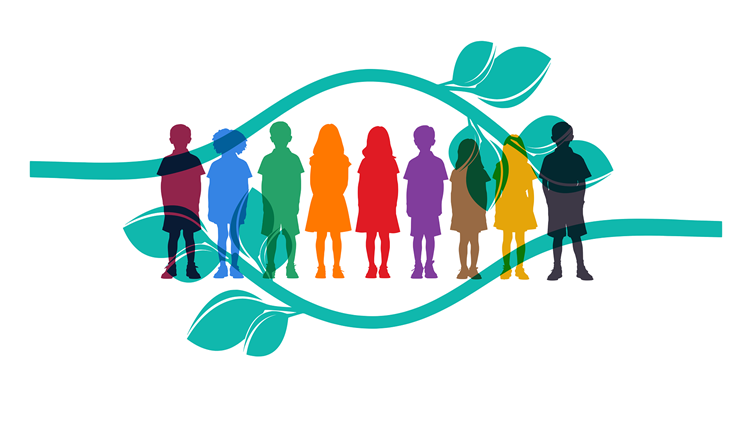Educating an African fit for the 21st century
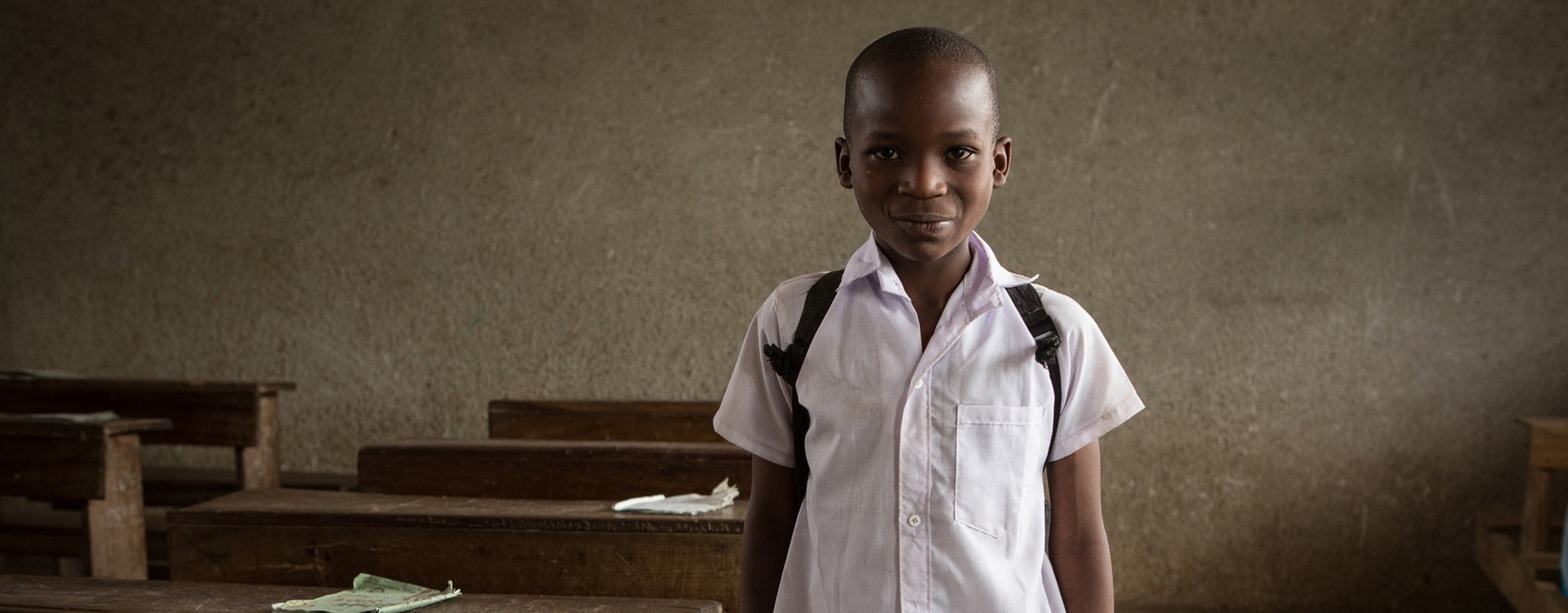
The potential of educating an African fit for the 21st century is immense, but it will require concerted effort, new ways of thinking, rapid technological adoption and committed governance. This transformative journey can inspire hope for a brighter future for Africa.
Education is the foundation of human development and self-actualisation. Investments in education increase the talent in the labour pool, raise productivity and boost economic growth and incomes. Research shows that each additional year of schooling is associated with an increase of nearly 0.6% in long-term gross domestic product (GDP) growth rates. A study by the African Futures and Innovation programme at the Institute for Security Studies shows that more and better education can lead to improved incomes and reduce poverty. The forecast shows that improved education throughout Africa can add an additional US$368.4 billion (equivalent to 4.3%) to GDP, additional gains in GDP per capita of about US$240 per person, and about 47 million fewer poor people by 2043.
Despite the palpable benefits of education, Africa, especially sub-Saharan Africa, is still grappling with significant challenges in improving educational outcomes. The second continental report on the implementation of the African Union Agenda 2063 from 2022 reveals that the continent fell short of meeting all the targets relating to Goal 2 (on education) of the Agenda with an overall performance score of 44%. At the basic level, access is still limited as many children of school-going age are still out of school. According to UNESCO, more than 20% of children between the ages of 6 and 11, and over 33% of young people between the ages of 12 and 14 are out of school in sub-Saharan Africa. The situation is even worse for young people between the ages of 15 and 17, with an estimated 60% not in school. This is also an indication of the leakages and rapid contraction of the education funnel in Africa where more children drop out along the way. For instance, while gross enrolment for a primary school in Sub-Saharan Africa stood at 101.7% in 2019, that of lower and upper dropped acutely to 58.4% and 36.6% respectively. At the tertiary level is even worse with gross tertiary enrolment in sub-Saharan Africa below 10%. Aside from these challenges for African youth, there is also unequal access to education with women being affected the most. For instance, it is estimated that 9 million girls in Africa between the ages of 6 and 11 years never go to school, as opposed to 6 million boys in the same age category.
Education is not just a pathway to individual success. In Africa, enhancing educational outcomes could boost GDP by US$368.4 billion and lift 47 million people out of poverty by 2043
Beyond the limited access, the quality of education in Africa remains poor. According to the State of Global Education Update, about 90% of people in Africa cannot write and understand simple text by the age of 10. In sub-Saharan Africa, less than half of students meet the minimum proficiency threshold that is used in the standardised testing. A 2018 report by the World Bank identifies the immediate causes of poor-quality education in sub-Saharan Africa to be fourfold. First, many children in Africa arrive unprepared to learn because of illness, malnutrition or income deprivation. Second, teachers often lack the skills or motivation to teach effectively. Third, teaching and learning materials such as books often fail to reach classrooms at the right time or to affect learning. Finally, poor management and governance often undermine schooling quality.
Another problem with education in Africa is the considerable mismatch between the kind of education being offered and those that are required by employers and the job market. A study from the African Development Bank found most people in Africa who finish school are not equipped with the skills required by the available work opportunities and young people generally lack the soft skills, social networks and professional experience to compete with older job applicants. The African Center for Economic Transformation specifically also noted that there is too little emphasis on relevant training in science, technology, engineering and mathematics, on technical and vocational education and training, and on higher-order cognitive and analytical skills. Indeed, in 2019, only 8.5% of upper secondary school students were enrolled in vocational programmes in sub-Saharan Africa while merely 14.2% of tertiary graduates in sub-Saharan Africa had a science and engineering background, which is considered key to the future of work. The urgency of these challenges calls for immediate and concerted action.
Recognising the need to overcome these shortcomings, the African Union has dedicated 2024 as the year of education following the global Summit on Transforming Education. The goal is to educate an African fit for the 21st century by building a resilient education system for increased access to inclusive, lifelong, quality and relevant education in Africa. Achieving this ambition is possible but will require concerted effort, new ways of thinking, rapid technological adoption and committed governance. Africa needs to improve every level of education to ensure that it not only retains students at each but also increases the progression rate to expand the pool of students at each successive level. This can be achieved by implementing policies such as free senior secondary school and targeted school feeding programmes to increase enrolments and survival rates.
Africa must focus on quality education and vocational training, enhance foundational skills in reading and mathematics and leverage technology to meet future challenges
The quality of education is important, together with offering vocational and technical training as opposed to the singular focus on academic teaching so evident across many African countries. Simply pushing children through school is not a solution if their education does not comprehensively and fundamentally address the basics of reading, writing and arithmetic, and then allowing them to build the skills required for the Fourth Industrial Revolution. African countries should dedicate extra hours to numeracy and literacy at pre-primary and primary levels to improve foundational learning for reading and mathematics. New teaching technologies and methods must be exploited to help meet the challenges of the future, especially after the COVID-19 pandemic. There is also a need to partner with telecommunication firms and Internet service providers to bring down the cost of broadband services and mobile data that impede virtual learning
Each African country faces different challenges, but more parental involvement, upskilling teachers and designing teaching and learning methods that are sensitive to local conditions are central to creating functioning education systems throughout Africa. Not all of this requires sophisticated technology, but once the basics are in place, technology in the forms of 5G, artificial intelligence and augmented reality, could be a key facilitator to drive the progress. Strategic planning, innovation, investment and, most of all, leadership are required to address the continent’s education backlog.
This article is an excerpt from the Education theme.
Image: JhonDL/Pixabay

